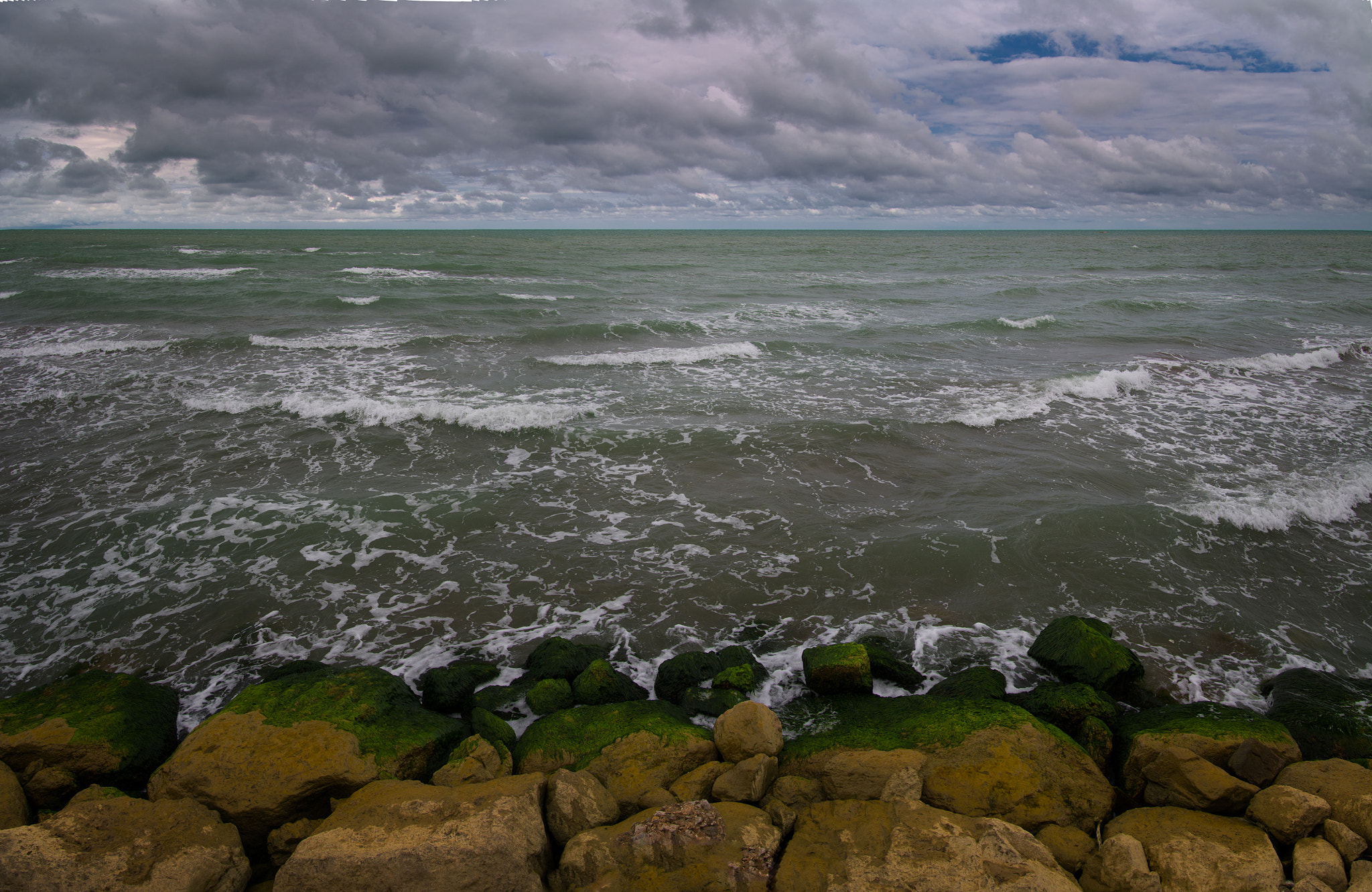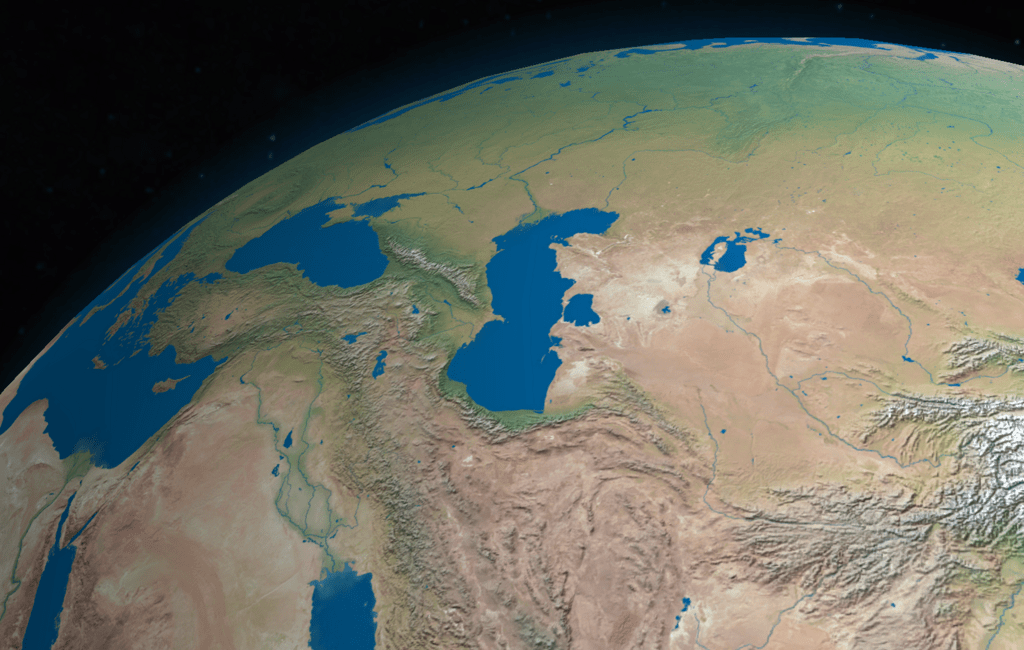
The Road to COP29: Potentials for the Greater Caspian Region and the Middle Corridor
As global leaders are to assemble in Baku, Azerbaijan for the 29th gathering of the Conference of the Parties (COP29) from 11 to 24 November 2024, the occasion may prove to be pivotal on several fronts. The COP29 summit, like its predecessors, will assess global carbon emissions and international efforts to combat climate change. It will also be a milestone for Azerbaijan to lead discussions toward effective climate solutions and to withstand the scrutiny often faced by host countries with significant energy production.


